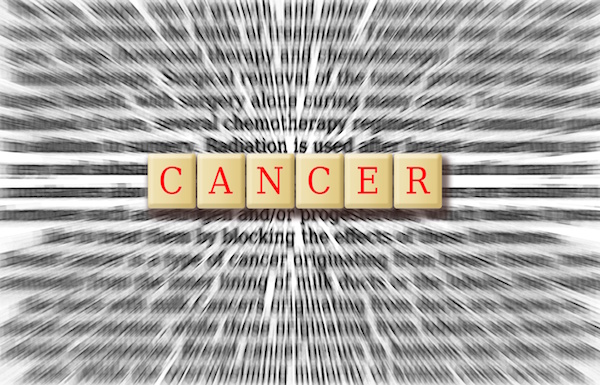
THURSDAY, Oct. 13 (HealthDay News) — Smoky, inefficient indoor cooking and heating stoves that are widely used by people in developing nations contribute to 2 million deaths a year, according to health experts.
Indoor air pollution from these stoves affects about 3 billion people, or nearly half the world’s population, the U.S. National Institutes of Health (NIH) scientists wrote in a commentary published in the current issue of the journal Science.
The biomass (wood, crop residues, charcoal or dung) or coal fuel used in these stoves fills homes with dense smoke and blackens walls and ceilings, increasing the risk of health problems such as pneumonia, lung cancer and chronic obstructive pulmonary disease, the scientists explained.
Women and children are at greatest risk for health damage caused by these stoves because they’re at home most of the time while men typically leave during the day.
In addition to the impact on human health, the fuel used in these stoves leads to deforestation and environmental destruction, the NIH authors noted.
They also pointed out that women and girls in many societies typically gather fuel for the stoves. This is a time-consuming chore that often requires them to walk many miles from their home communities, which increases their risk of sexual assault and other types of violence.
If women and girls didn’t have to devote so much time to gathering fuel, they would have more opportunities for education and economic development, the authors of the report suggested.
“Many people in developed countries don’t realize that smoke from indoor cooking fires is a terrible scourge upon the health of a large number of people,” Dr. Francis Collins, one of the report authors and director of the U.S. National Institutes of Health, said in an NIH news release.
“International efforts to combat this scourge are now beginning. The NIH’s role is to support the research that will determine the most efficient, cost-effective means to do so while safe-guarding human health,” Collins added.
To address the problem, the United Nations has launched a public-private partnership called the Global Alliance for Clean Cookstoves. The goal is to get clean, efficient stoves and fuels into 100 million homes by the year 2020, and eventually in all homes.
More information
Here’s where you can learn more about the Global Alliance for Clean Cookstoves.

